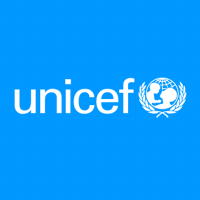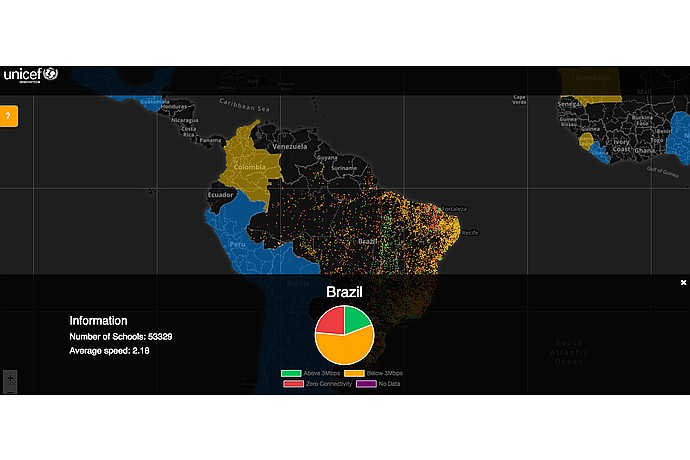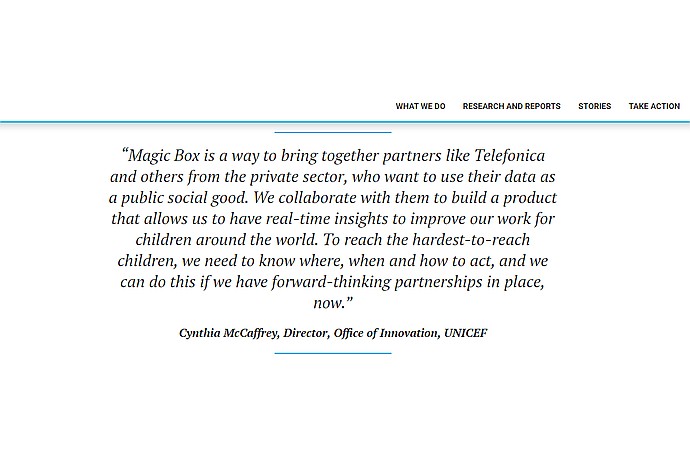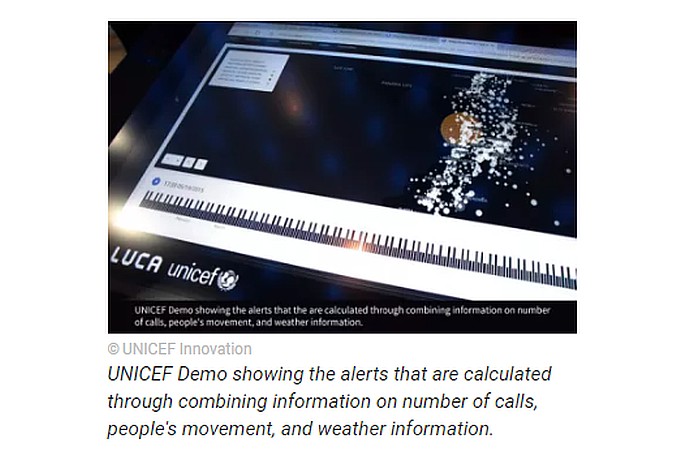
Language
Javascript
Tool Type
Desktop app
License
The 3-Clause BSD License
Version
1.0.0
UNICEF

Magicbox is a UNICEF collaborative platform that uses real-time data from the private sector to inform and improve response to humanitarian crises and health emergencies. Magicbox was developed to transform how UNICEF and its partners respond to emergencies, using data analytics to improve resource allocation and decision-making in critical situations.
Magicbox improves the effectiveness of global emergency responses by providing access to real-time data, enabling UNICEF and its partners to quickly make informed decisions to optimize resources in critical areas affected by disasters or epidemics.
Data Integration: Centralizes and integrates data from various sources, including surveys, health records, and demographic data. Data Visualization: Provides interactive data visualization tools for creating charts, maps, and dashboards. Collaboration: Supports collaboration among UNICEF staff and partners for data sharing and analysis. Data Quality Control: Ensures data accuracy and consistency through data cleaning and validation features. Humanitarian Response: Facilitates data-driven decision-making during humanitarian crises and emergencies. Real-time Monitoring: Offers real-time monitoring and reporting capabilities for tracking children's well-being. User-Friendly Interface: Designed for non-technical users, allowing easy access and analysis of data.
Implements a multi-repository architecture, using various GitHub repositories for different components such as APIs, front-end interfaces, and data processing modules. Facilitates real-time data processing, using technologies that support real-time data ingestion and analysis, like Node.js and Python with frameworks like Django or Flask. Incorporates database technologies like PostgreSQL or MongoDB for efficient data management. Develops the front-end using web languages and frameworks such as JavaScript, CSS, and HTML, possibly with

Connect with the Development Code team and discover how our carefully curated open source tools can support your institution in Latin America and the Caribbean. Contact us to explore solutions, resolve implementation issues, share reuse successes or present a new tool. Write to [email protected]

Latin America map with school connectivity data. In Brazil, there are 53,329 schools with an average speed of 2.18 Mbps. Pie chart: green (over 3 Mbps), yellow (under 3 Mbps), red (no connectivity).

Highlighted quote on Magic Box, a collaboration with Telefónica and the private sector to use data as a public good. It aims to enhance UNICEF's work for children, says Cynthia McCaffrey, Director of Innovation.

This image displays a UNICEF Innovation data visualization tool that generates alerts by integrating data on phone calls, population movement, and weather conditions.
Detailed information about the platform and its use of real-time data to improve humanitarian responses.
Describes how UNICEF collaborated with Telefónica to leverage mobile data to detect mobility patterns in emergencies.
UNICEF launches an interactive map to visualize the digital divide in education. Based on Magicbox data, it can guide public policies on school connectivity.
Implementation of Magicbox to combine data in real time and improve decision making in emergencies.
Page describing the main Magicbox applications, including school mapping, fight against epidemics and social indicators.
